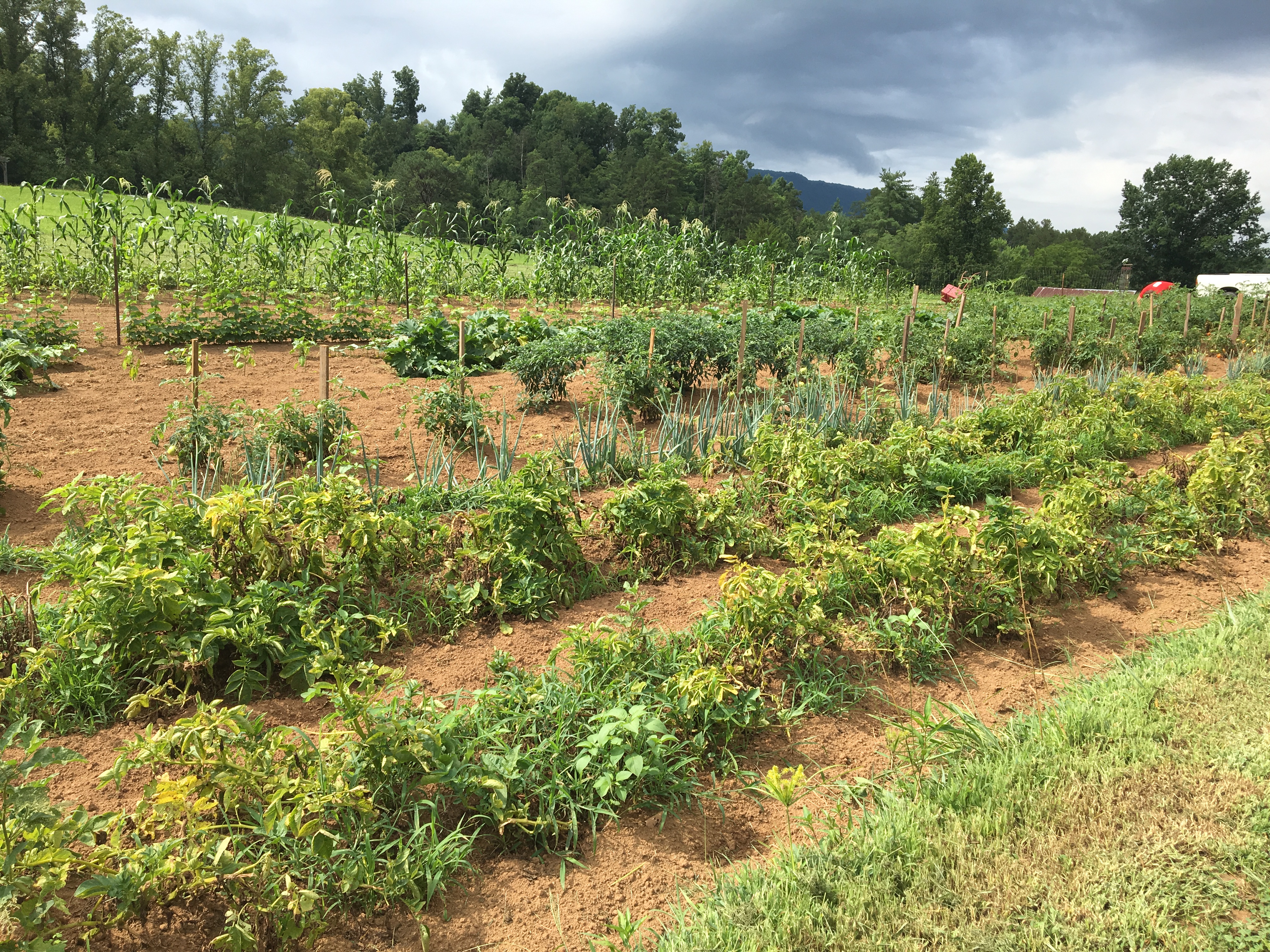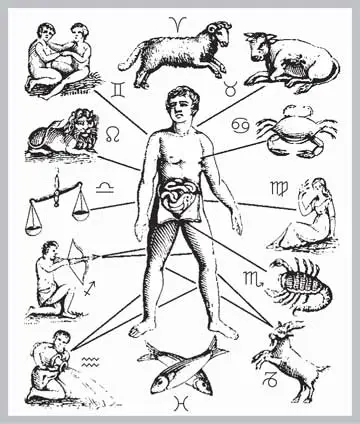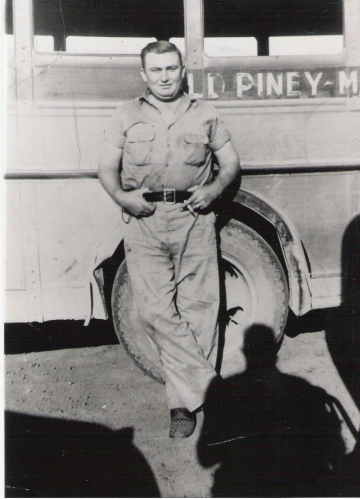Going By the Signs: Understanding the Farmer’s Almanac

Around here, we generally check the almanac to see what sign we’re in. Huh? You may be wondering what in the world I’m talking about. If you have lived in East Tennessee you’re whole life, you may have a smidgen of an idea what “going by the signs” might mean. For you, your granddaddy might have mentioned it before planting his garden or building a fence.

For others that have no clue what I’m even talking about, read on.
What Does the Almanac Tell About the Signs
Personally, I thought when I was younger that checking the almanac for the signs was some ungodly zodiac witchcraft. Until it was explained to me! I am not talking about horoscope or fortune telling. I’m talking about the phases of the moon, star constellations, and how they correspond to our calendar; scientific facts, not made up predictions.

Over centuries, folks have discovered that more fruitful times fall within certain days corresponding to a sign in the stars. Barren times also fall within certain signs. I’m not an astrologer by any means, and I will certainly not pretend to understand it.

I’m an observer who is plum fascinated by it. Look up into the sparkling night sky, and stand amazed at God’s creation. It amazes me further to realize that we can use stars and moon phases to understand how nature works around us. Old people who lived of the land and knew the Earth seem so in-tuned to these signs and knew how they worked. They used it to their benefit. I think it is pretty neat.
As one more facet of Appalachian living, we try to understand and utilize the signs, too. I’ll explain it a little more first, and give real life examples of what I’m talking about.
Going by the Signs
There are 12 signs. Some will last for three days. Then just like months of the year, they go in order and start over again. Here’s a list of the signs and what they are known for:
Head
Neck
Arms
Breast
Heart, back
Bowels
Kidney/Reins
Loins/Secrets
Thighs
Knees
Legs
Feet.
Plowing and tilling is best in the head. Planting is best done in the loins, feet, neck or breast. Slaughter hogs in the knees or feet, or anywhere below the bowels. Castrate hogs below the heart and bowels. Pretty much anything is barren in the heart, bowel, and kidney. So don’t do anything on those barren days, besides clearing brush and plowing!

When in doubt, buy an almanac. It will lay it all out pretty clearly, sign-wise. Almanac’s also have the moon phases on each day.
I’ll go ahead and say that each “sign” I’ve just mentioned corresponds with the symbol of the zodiac, like the bull, ram, crab, ect. I have never heard our old-timers mention the animal name or the zodiac name like Taurus, Aeries, or Cancer. We just generally look on the almanac to see the sign, whether it’s in the bowels, or in the head, neck, ect. We also look at the moon phases on the calendar. That’s the extent I’ll explain it! I’m sure you can Google it and get a much more in-depth explanation if desired.
But Is This Really Important?
I’ve transplanted some flowers before that didn’t grow. I wonder if I did it in the wrong sign. Sometimes when my canning lids don’t seal, I wonder the same thing! I should start paying attention.

My great-granddaddy Ben Grindstaff would go by the moon and the signs. My daddy remembers him saying to not cut wood or place shingles on a roof on the new moon. The new moon (dark to full) holds moisture, causing wood to warp and rot. The old moon (full to dark) causes wood to dry out better. He held to this philosophy when cutting and stacking his woodpiles. When he saw warped shingles, he said they weren’t put on in the right sign.

My husband and Papaw Fred always check the signs before slaughtering or castrating hogs. If done properly in the right sign, everything goes smoothly. (So far!) We also try to stick to the signs when planting the garden. This weekend, we were off one day for a good sign to plant root vegetables. Hopefully it’ll be ok.
Another example is setting fence posts. If done in the proper sign, the post will set in like concrete.
They say weaning a baby or calf alike will go smoother when done in the right sign! I’ve yet to try that one. But my older two boys weaned themselves. Maybe it was just in the right sign, I’ll never know!
If you have further questions about going by the signs, I recommend checking into The Foxfire Book: Hog Dressing, Log Cabin Building, Mountain Crafts and Foods, Planting by the Signs, Snake Lore, Hunting Tales, Faith Healing, Moonshining, and Other Affairs of Plain Living. As with everything Appalachian, it answers questions very well. (Affiliate link.) It’s my favorite book for explaining this topic. Let me know what you think about the signs. Do you think it’s legitimate, or just a bunch of hog-wash? I’d love to hear opinions and experiences.
For more history, see Whispers of the Past.
For more posts like this, see Farm Life.



Planning A Garden – J&R Farms
[…] Interested in a unique aspect of Appalachian gardening? See this post: Going By the Signs […]